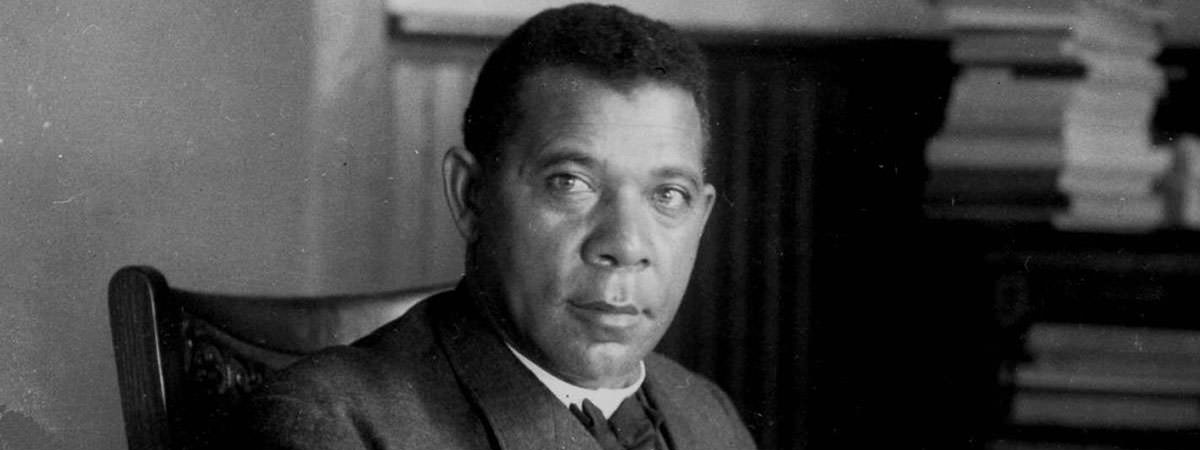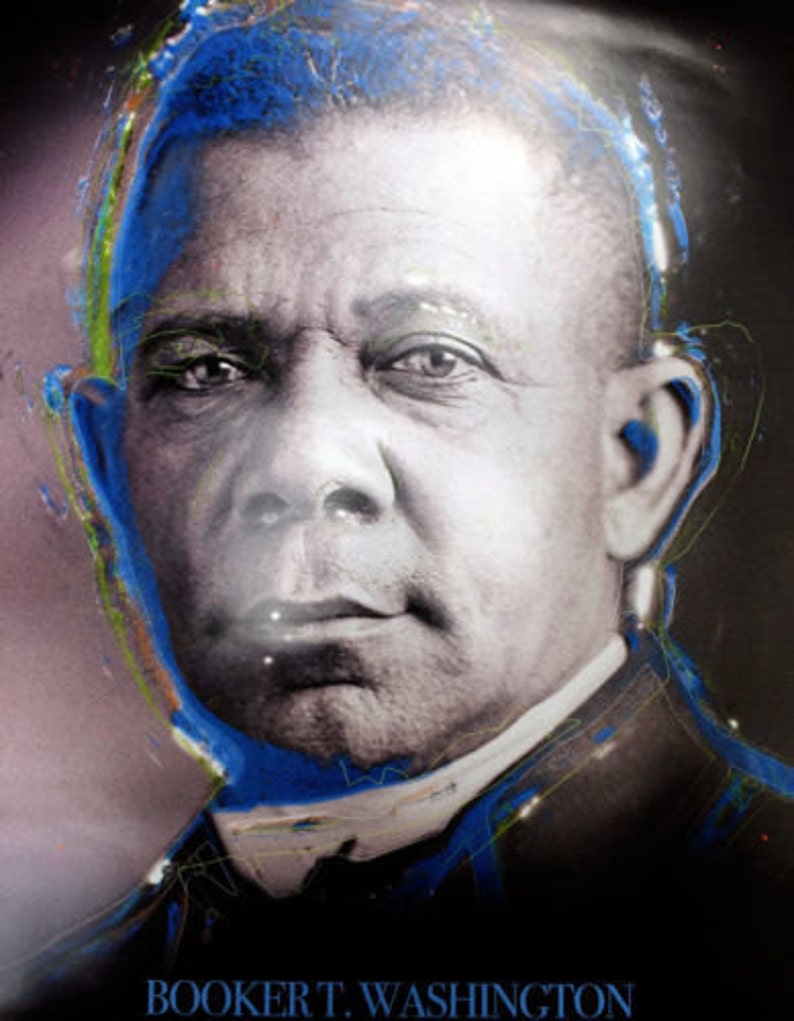


He sums up his attitude and his life success in one line: "I have begun everything with the idea that I could succeed, and I never had much patience with the multitudes of people who are always ready to explain why one cannot succeed." Washington was a great believer in the power of merit and repeatedly says that "merit, no matter under what skin it found is, in the long run, recognized and rewarded." Nor did Washington seem to have much tolerance for those who claimed they could not succeed because of their disadvantages. Washington doesn't sound like a proponent of affirmative action when he says, "The wisest among my race understand that agitations of social equality is the extremist folly, and that progress in the enjoyment of all privileges that will come to us must be the result of severe and constant struggle rather than of artificial forcing." It's interesting that with all the emphasis on "multiculturalism" when I was going through school, we never actually read any first source books like "Up From Slavery." However, I can see why some modern educators might want to avoid assigning this book: it does violence to a certain brand of philosophy because of its profound anti-victimization message and its focus on individual responsibility, the power of merit to supplant racism, and the necessity of climbing gradually rather than expecting to be catapulted instantaneously into an equality of outcome. The critics were marginalized until the Civil Rights Movement of the 1960s, at which point more radical black leaders rejected Washington's philosophy and demanded federal civil rights laws. Du Bois rejected Washington's self-help and demanded recourse to politics, referring to the speech dismissively as "The Atlanta Compromise".

Meanwhile a more militant northern group, led by W. He was the organizer and central figure of a network linking like-minded black leaders throughout the nation and in effect spoke for Black America throughout his lifetime. White leaders across the North, from politicians to industrialists, from philanthropists to churchmen, enthusiastically supported Washington, as did most middle class blacks. His "Atlanta Exposition" speech of 1895 appealed to middle class whites across the South, asking them to give blacks a chance to work and develop separately, while implicitly promising not to demand the vote. Born to slavery and freed by the Civil War in 1865, as a young man, became head of the new Tuskegee Institute, then a teachers' college for blacks.

Booker Taliaferro Washington was an American educator, orator, author and the dominant leader of the African-American community nationwide from the 1890s to his death.


 0 kommentar(er)
0 kommentar(er)
